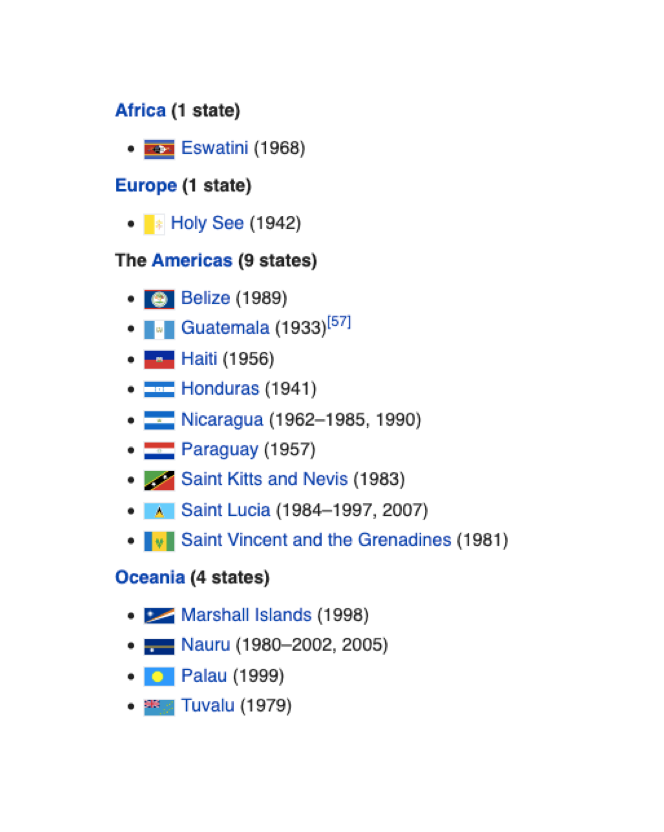Go, Chess - East, West
How two board games shape the concept of conflict in the western world and China.
Let’s start with two photos:


Who won?
Try and guess who won in the two games.
In the first picture, even if you don’t understand the game you can guess who won.
You can tell that the white is smashing the black into a corner.
And has more pieces in play.
Chess is a game based on domination.
It’s zero sum, kill or be killed.
There are correct moves and strategies. The chess board is simple enough to fit in your brain.
If you want you can play a chess game without a board.
At most you have to remember what’s on 32 cells, the rest are always empty.
Go is a game of erosion and nuance.
A board would hardly fit in your mind as there are 361 cells.
For every move there are so many options that the best players win by intuition and not by wit or calculation.
The conflict takes place in disconnected parts of the board.
Sacrifices for tactical positioning don’t happen just in the initial part of the game.
A game is not a battle, but a war. Where little wins here and there only count in the aggregate.
Board games have a deeper impact than you’d imagine.
They have effect on how people think about conflict.
Politics are conflict and compromise.
The way China thinks about conflict in fact is very similar to the game of Go.
Wei qi (Go) is the game of encirclement.
Chinese foreign policy takes inspiration from this.
An example of its strategies taken to the real world is their dealings with Taiwan.
A country that is being taken over through sheer diplomacy and economic policy.

This photo pretty much explains itself.
Today there are only 15 countries that have full diplomatic relations with Taiwan:

When China started investing more heavily in Australia (1972), the Australian government, officially a US ally, made an announcement.
For matters regarding Taiwan they wouldn’t be automatically be partners with the US.
In 1979 the US stopped official diplomatic relationships with Taiwan.
Today any country that recognizes Taiwan automatically ends their diplomatic relations with China.
So Taiwan finds itself..
Slowly encircled!
Modern wars don’t have the concept of total victory.
But this is as close as you can get from it.
In a Go game, like in the real world, the current state of things is blurry. Until it’s too late.
War and foreign politics look a lot like Go.
In the sense that a winning approach is probabilistic.
The determinism of Chess makes it a bad metaphor of the real world.
It’s good to stop thinking about conflict as chess.
If you think can get rid of your opponents by getting heads on into a clash, you can’t win at modern foreign politics.
As Kissinger says in his book “On China”
“Chess produces single-mindedness; wei qi generates strategic flexibility.”
—
Further readings
The first chapters of On China, by Henry Kissinger
65% of the world’s population will be connected by railways controlled by China
How China Is Rewriting movie scripts
Airbus and Boeing are signing economic suicide
Mattel apologizes to China (after recalling lead tainted lego pieces)
and recent examples like the NBA scandal
—
Special thanks to Niall Moore and Tom McCarthy
